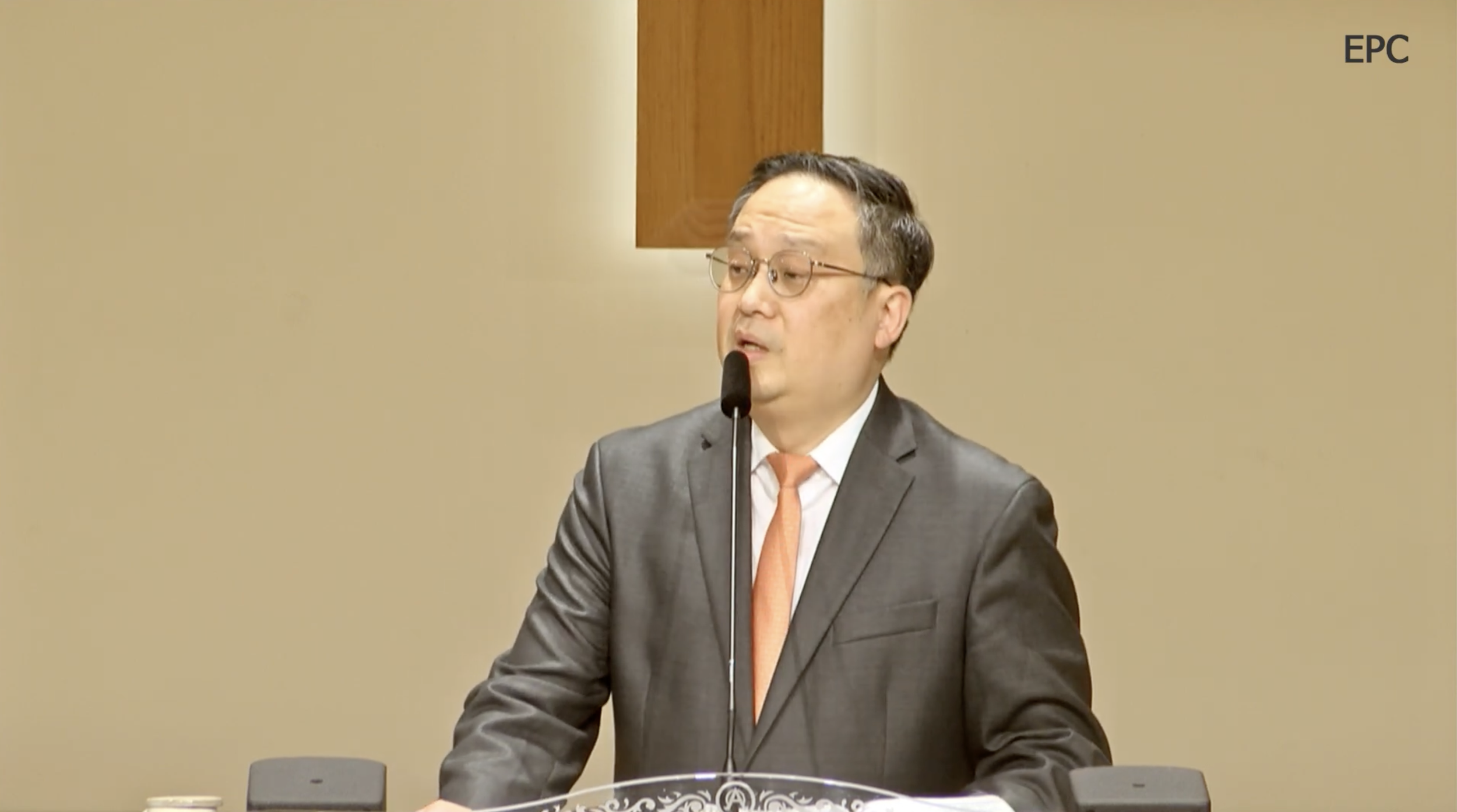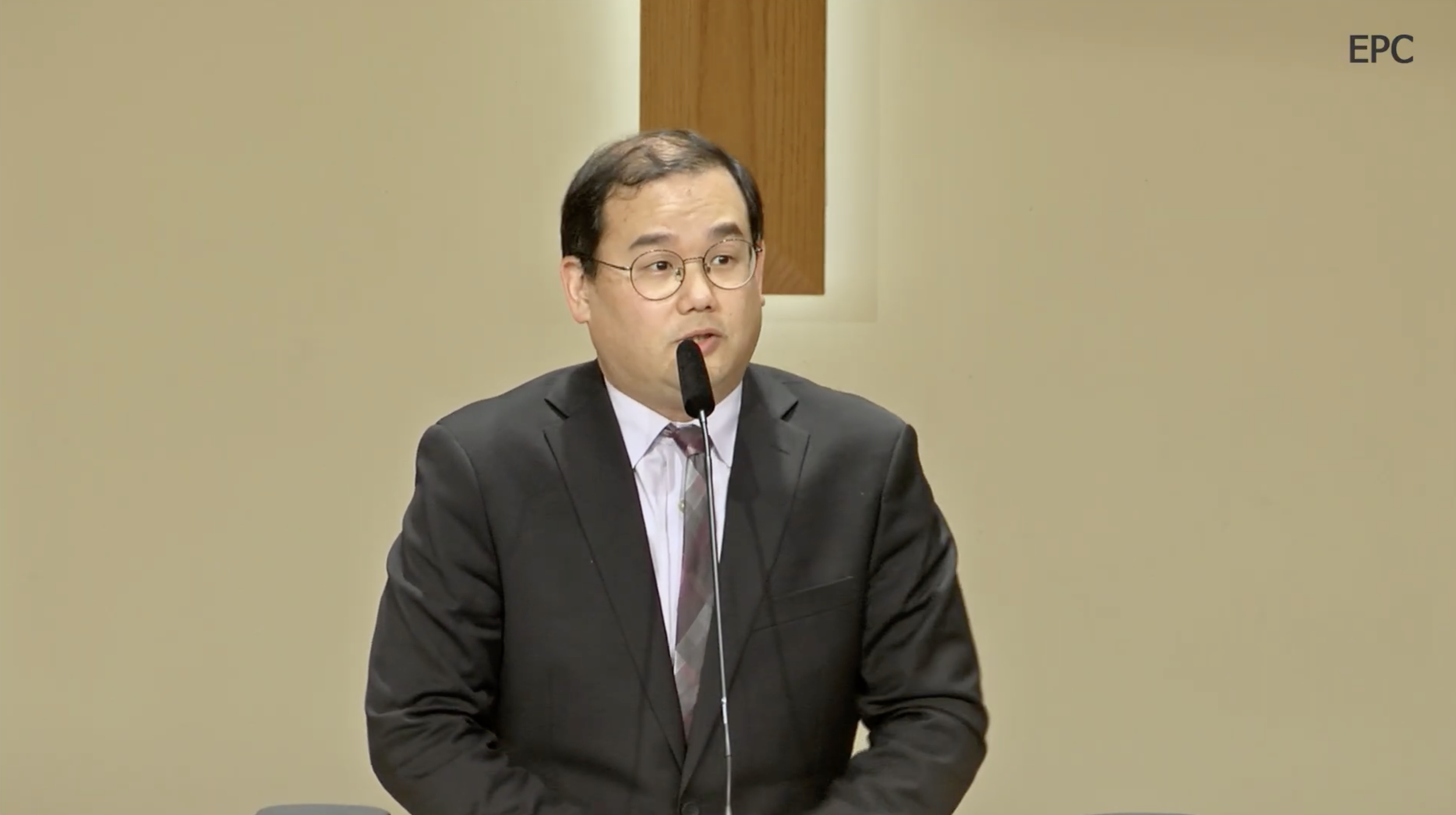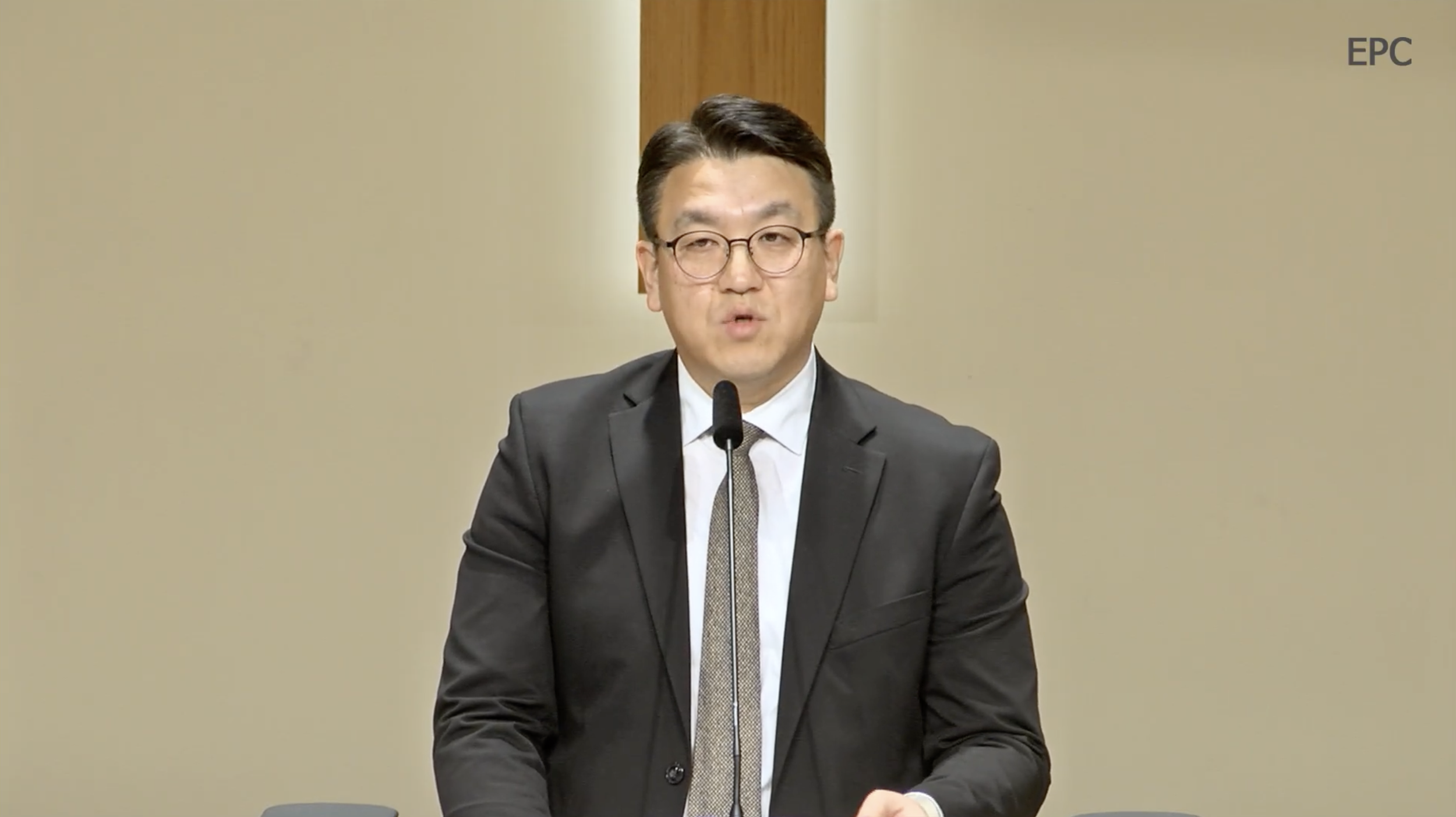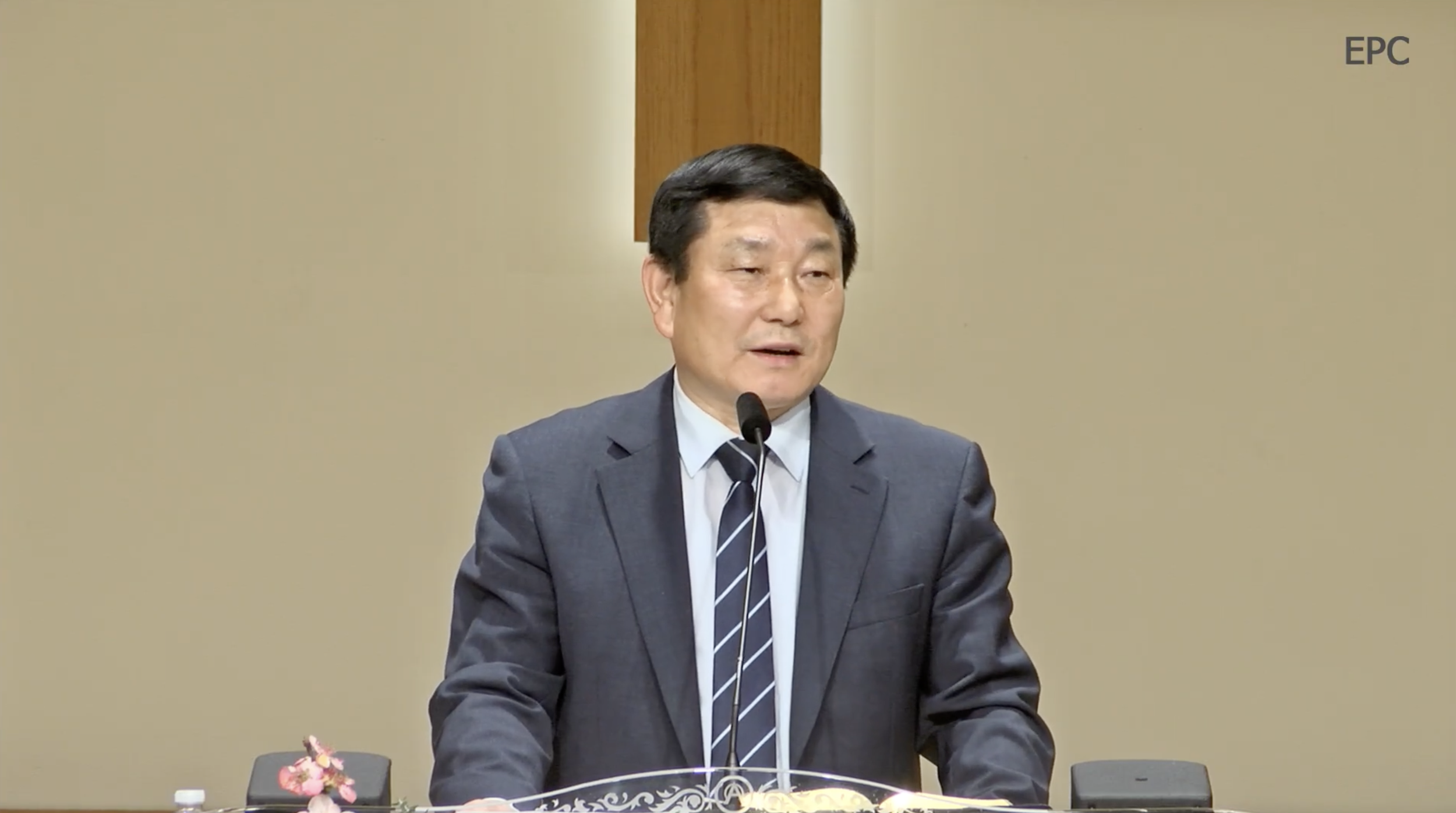"Seeking Shalom and a Homeland" (Jer 29:1-14) - P. Seung Kim, August 2, 2020
Introduction
What is the main point? Because God plans to bring his people to our _ _ _ _ _ _ _ _ home through Jesus, we can seek _ _ _ _ _ _ of our _ _ _ _ _ _ _ city as _ _ _ _ _ _.
1) How are we to live as exiles?
· Jeremiah wrote this letter to the exiled Israelites in Babylon. What does it mean to be exiled?
· What was God’s plan for them as exiles in Babylon? Settle down in Babylon (v.5-6), and seek and pray for their _ _ _ _ _ _ (v.7).
· This passage applies to us now because, as Christians, we are _ _ _ _ _ _ in this world, called to seek and pray for shalom of where we live now, even for those who have different worldviews.
· The way that we seek shalom might look the _ _ _ _ as non-Christians (v.5-6 – No “Christian” way to build houses, plant gardens, or marrying). But the real and ultimate shalom comes from knowing God through _ _ _ _ _ (Romans 5:1).
· Our neighbors need someone who will _ _ _ _ them, not _ _ _ them.
2) Where are we headed as exiles?
· God will _ _ _ _ his promise and bring them back after _ _ years (v.10-11).
· Even after coming back from exile, things were never the same (Ezra 3).
· The physical things of the old covenant (land, temple) were types of the _ _ _ _ _ _ _ _ reality to come (Revelation 21:3).
· We can seek shalom here and even suffer as exiles because we are seeking a heavenly _ _ _ _ (Hebrews 11:14).
· Are you ready to leave? Are you seeking a homeland?
Conclusion
As you seek a heavenly _ _ _ _ _ _ _ _, you will be able to seek _ _ _ _ _ where you are now.















